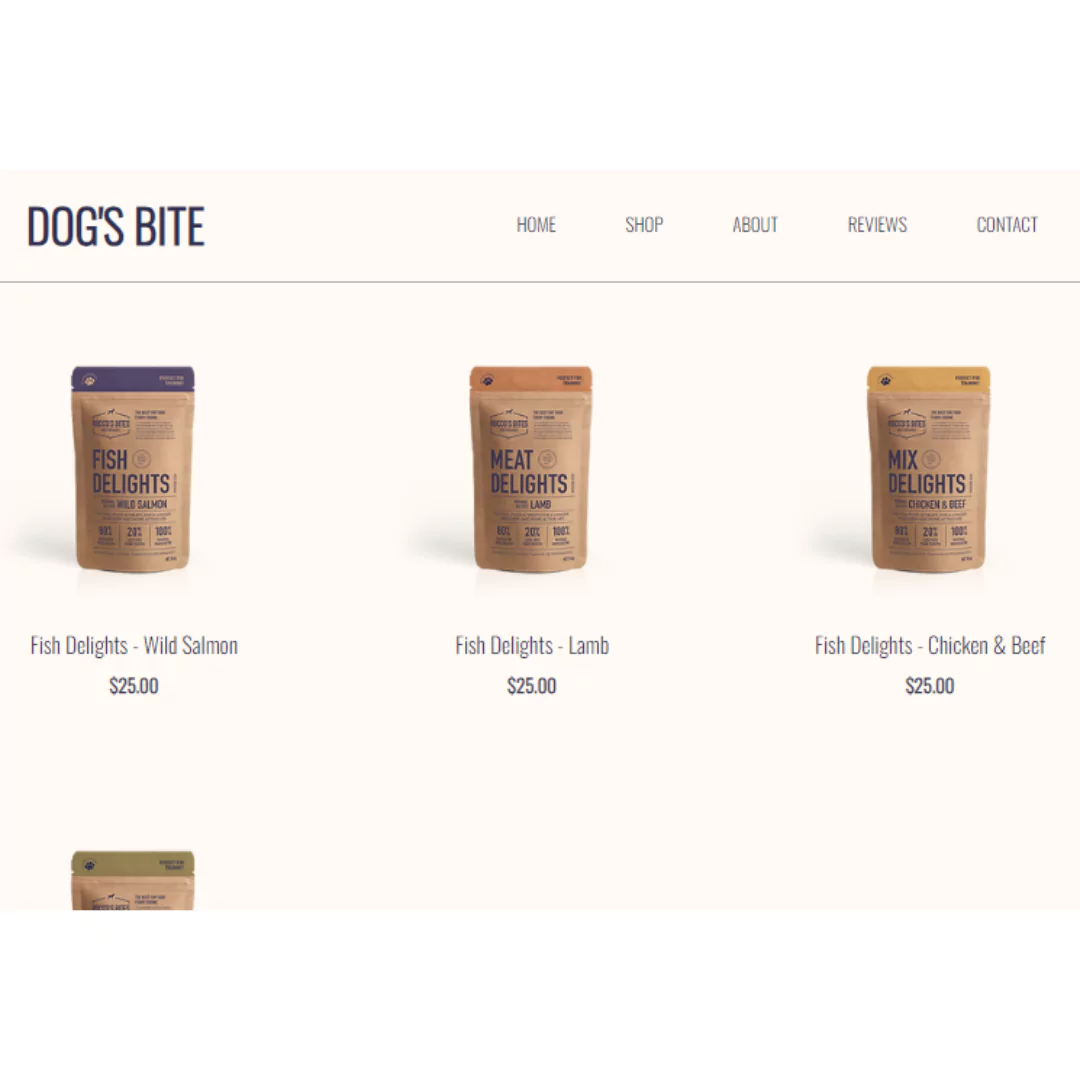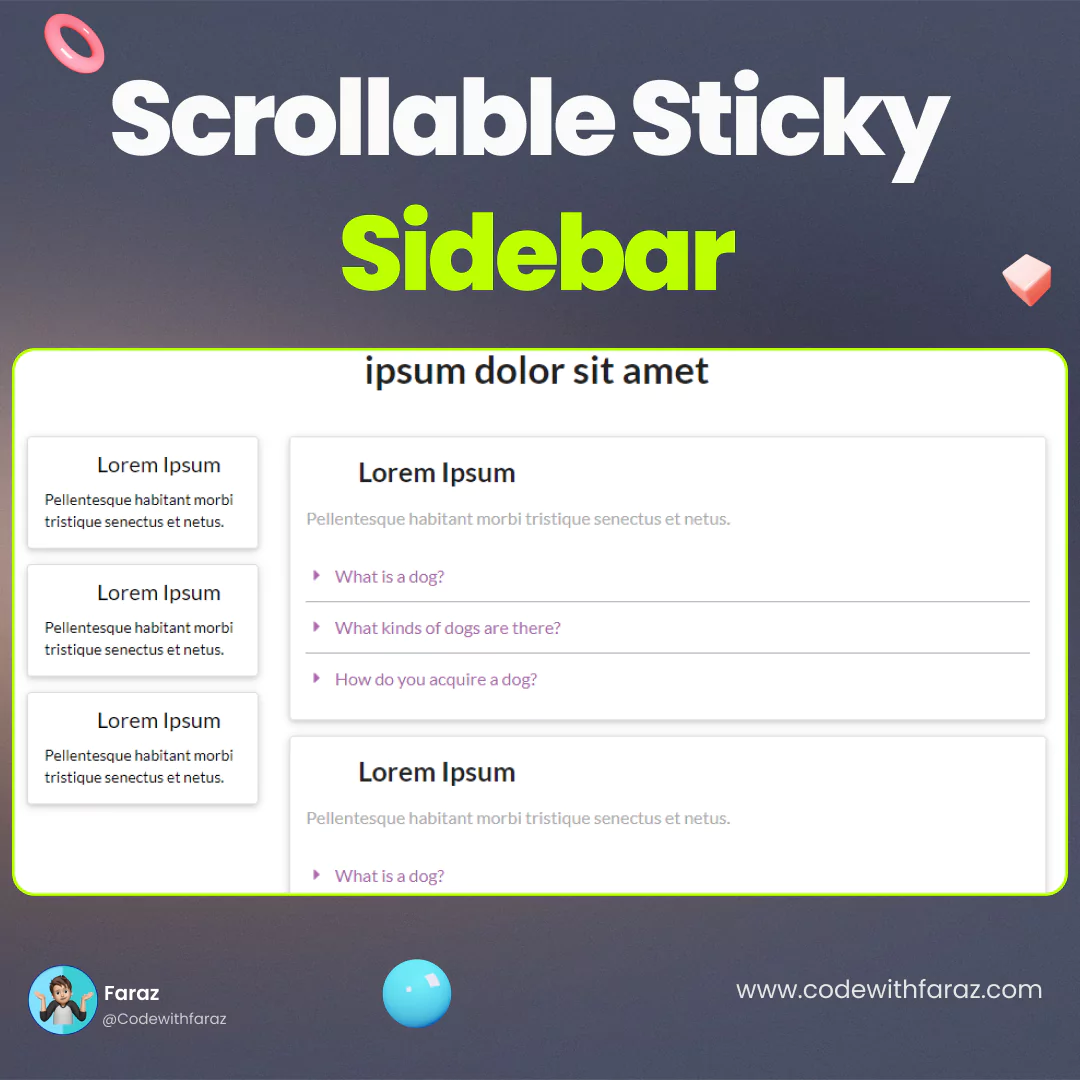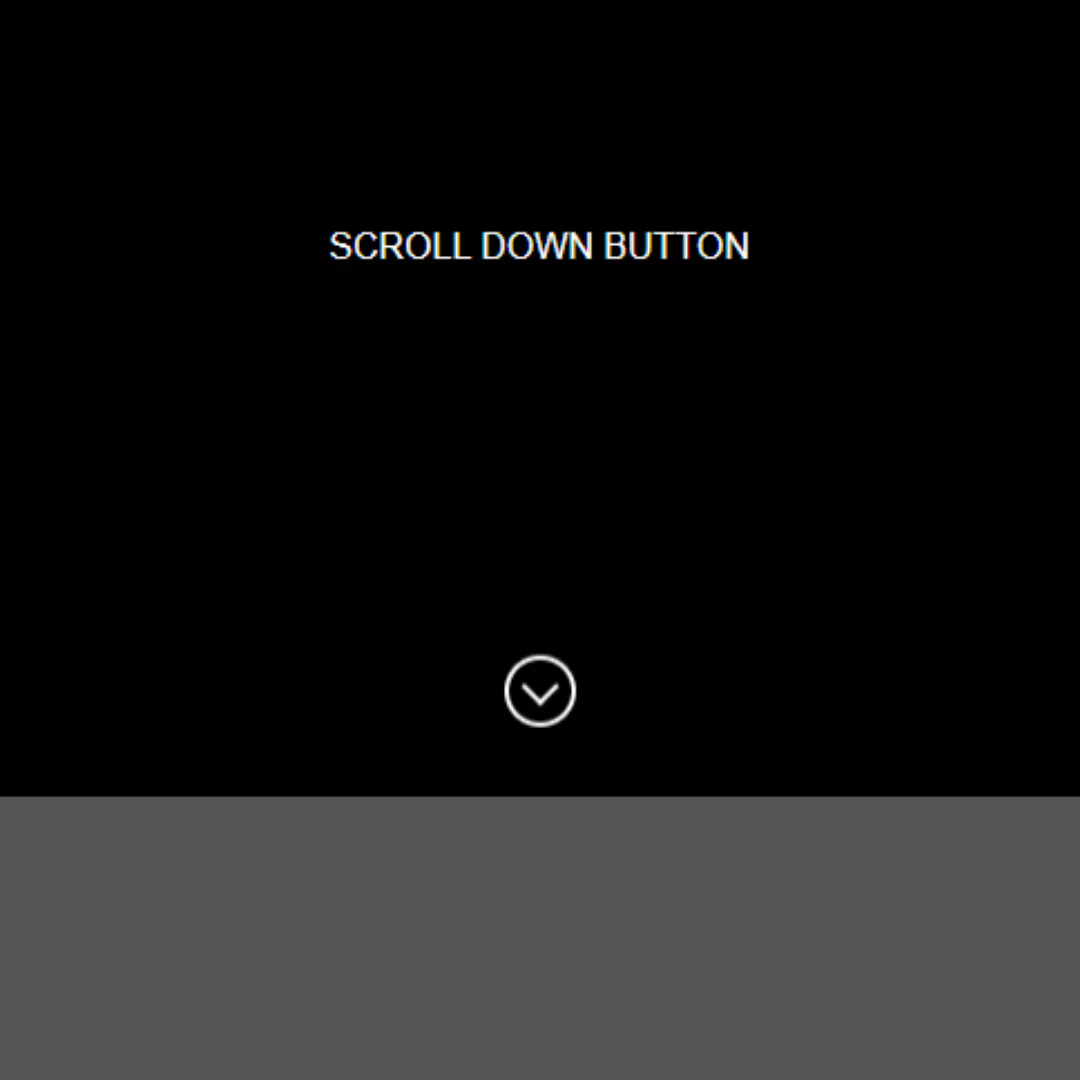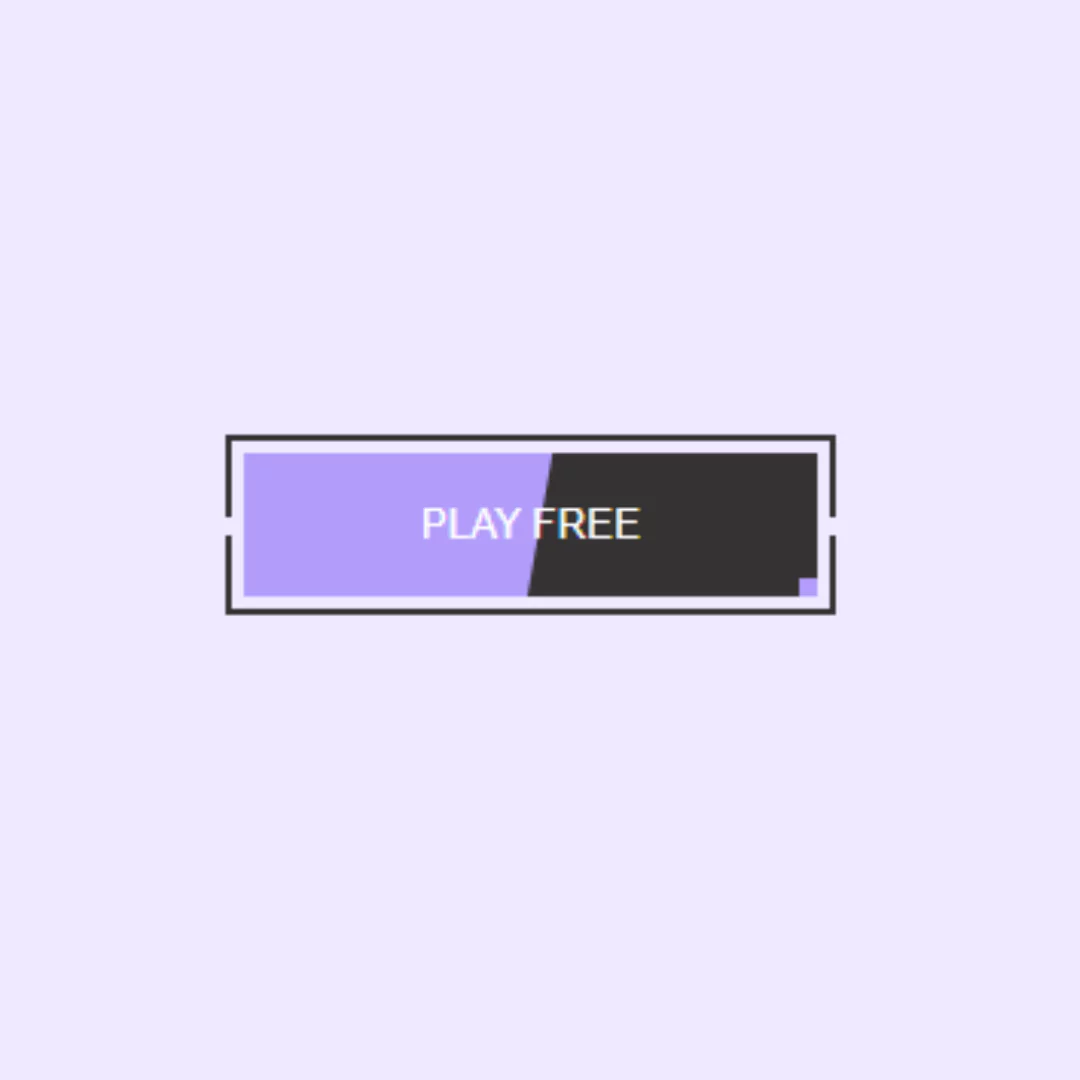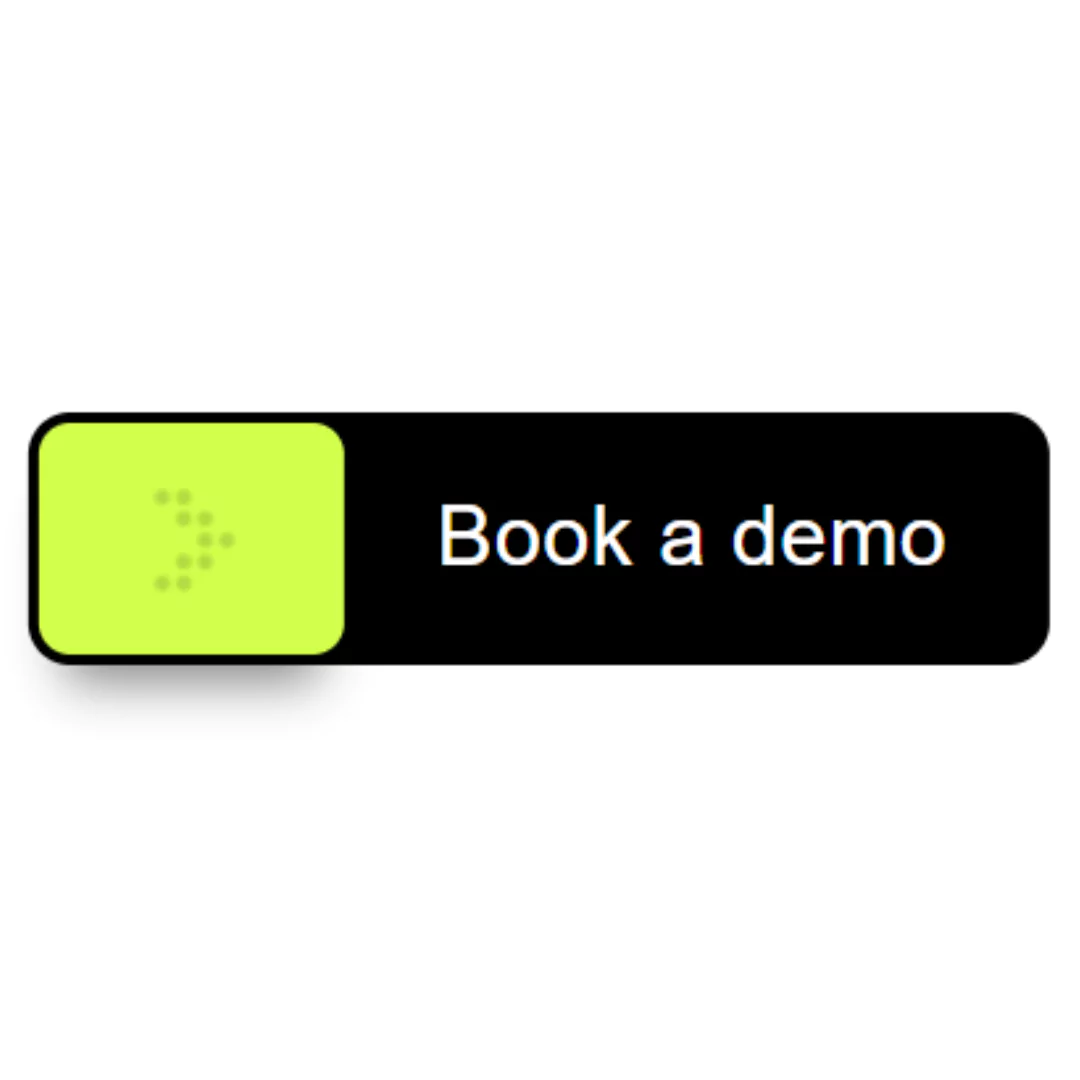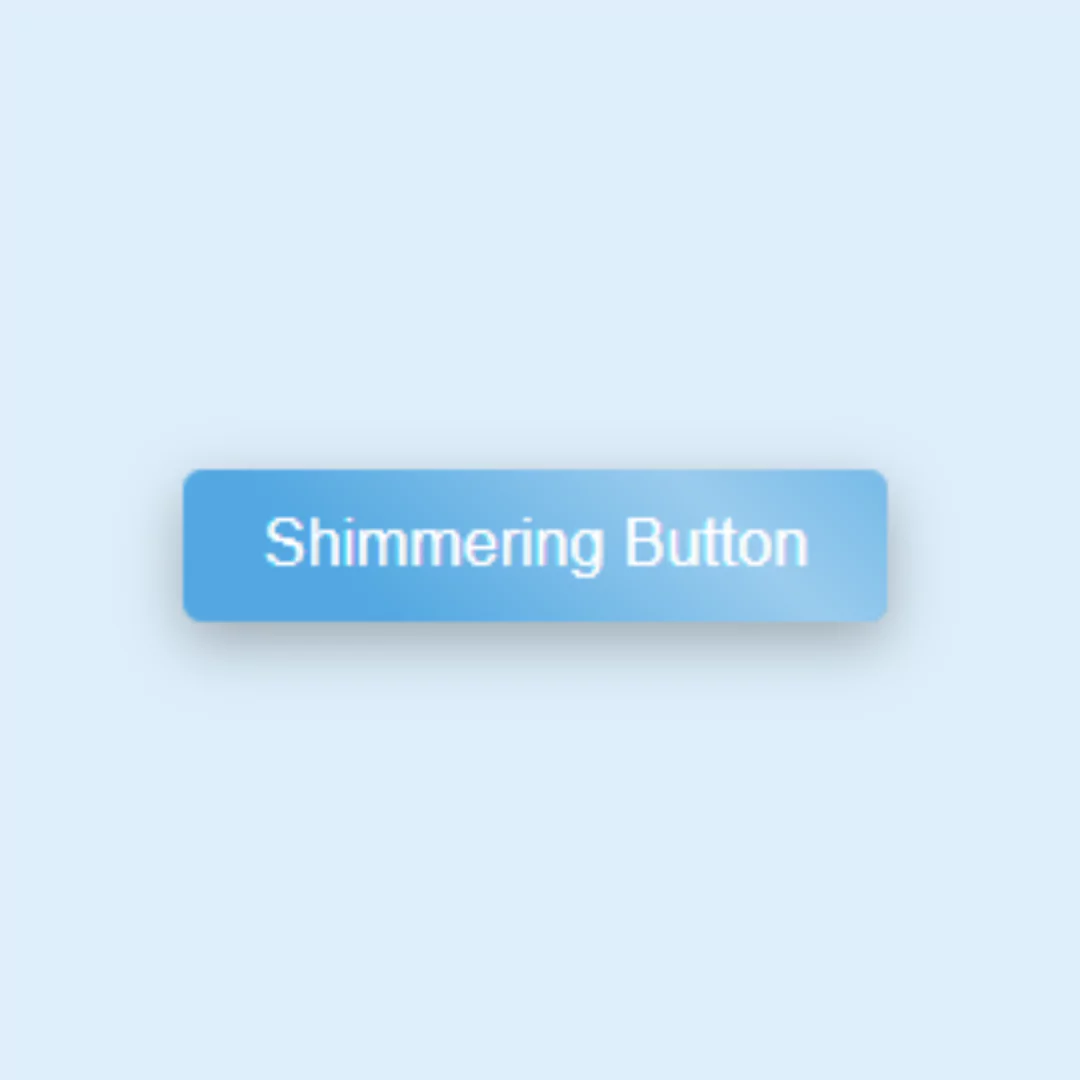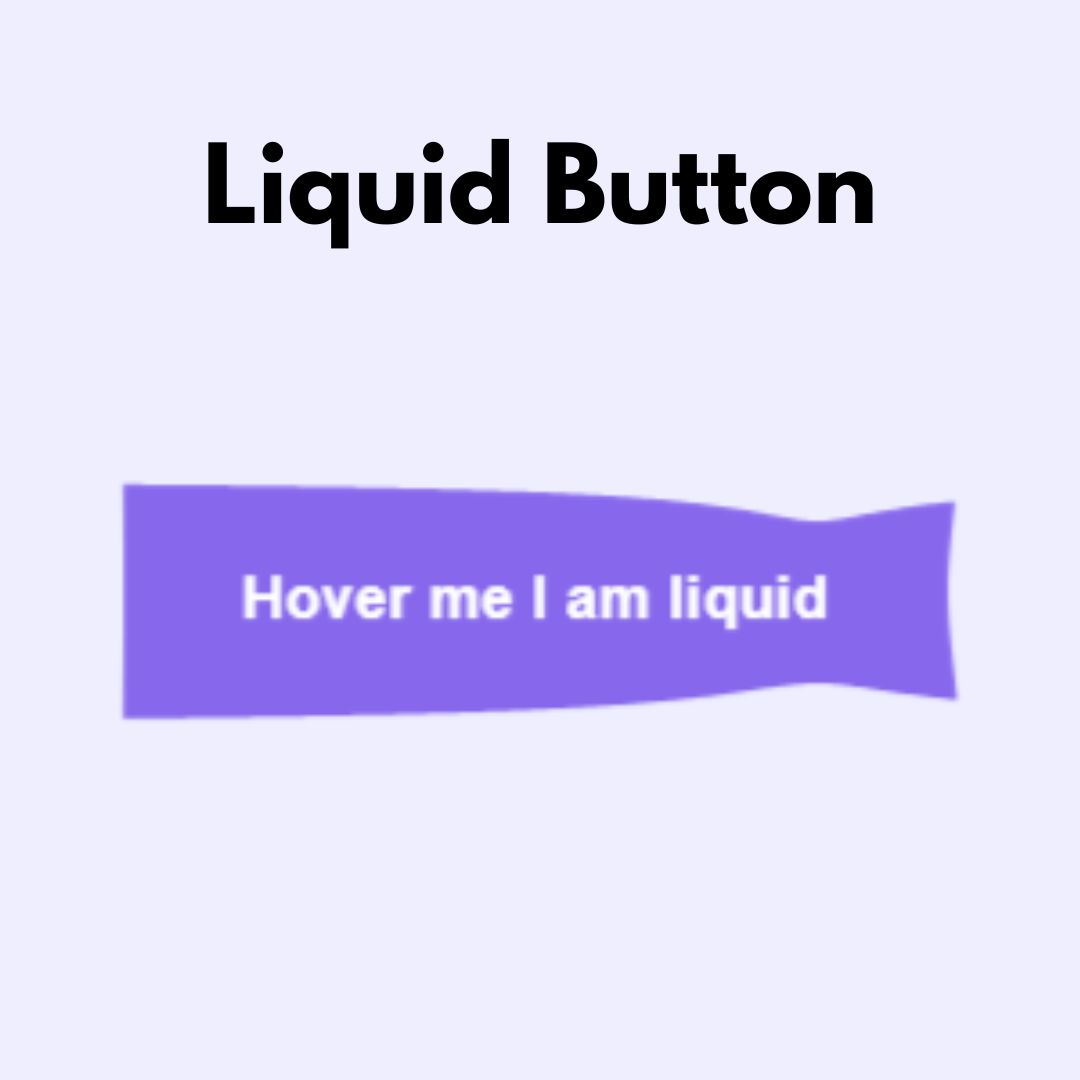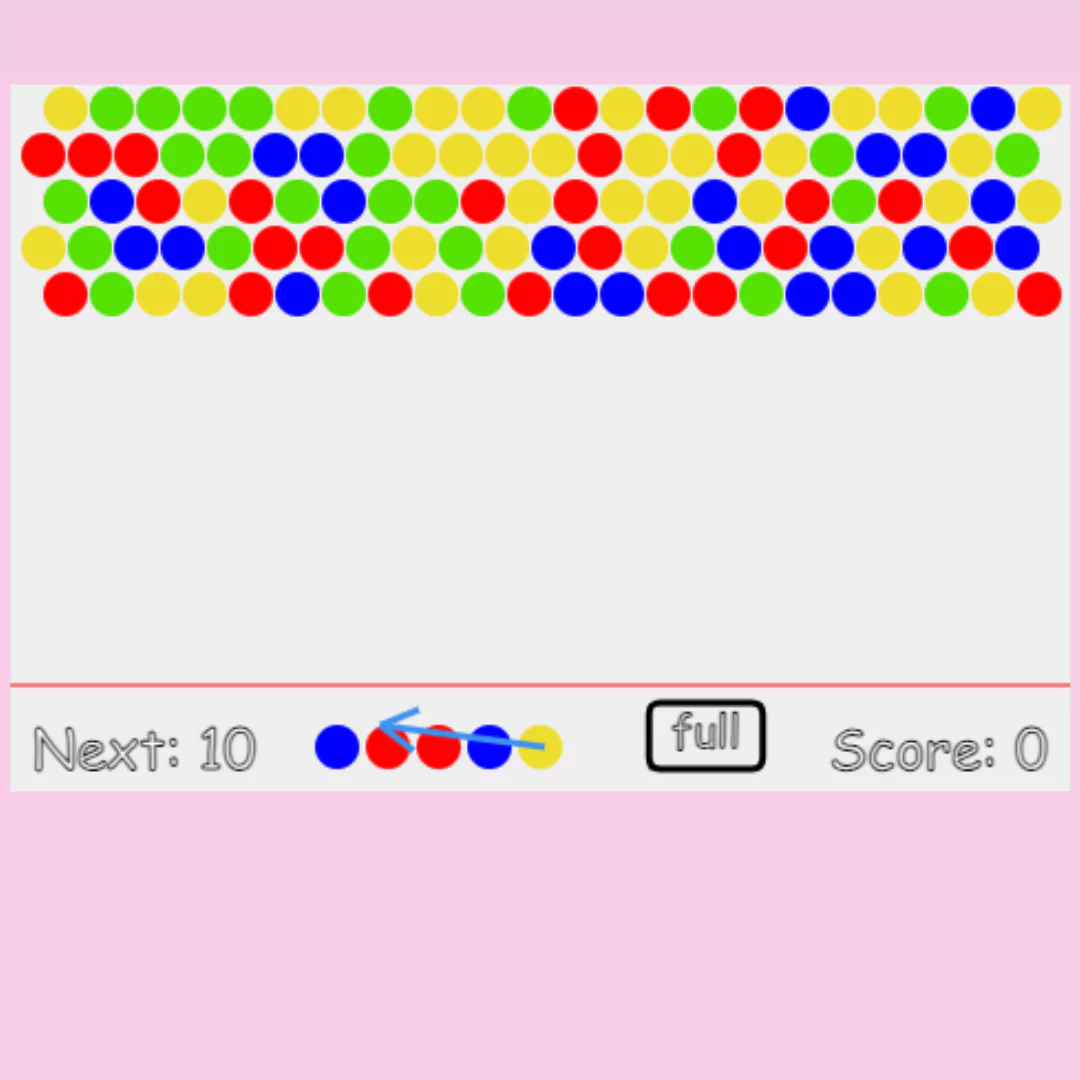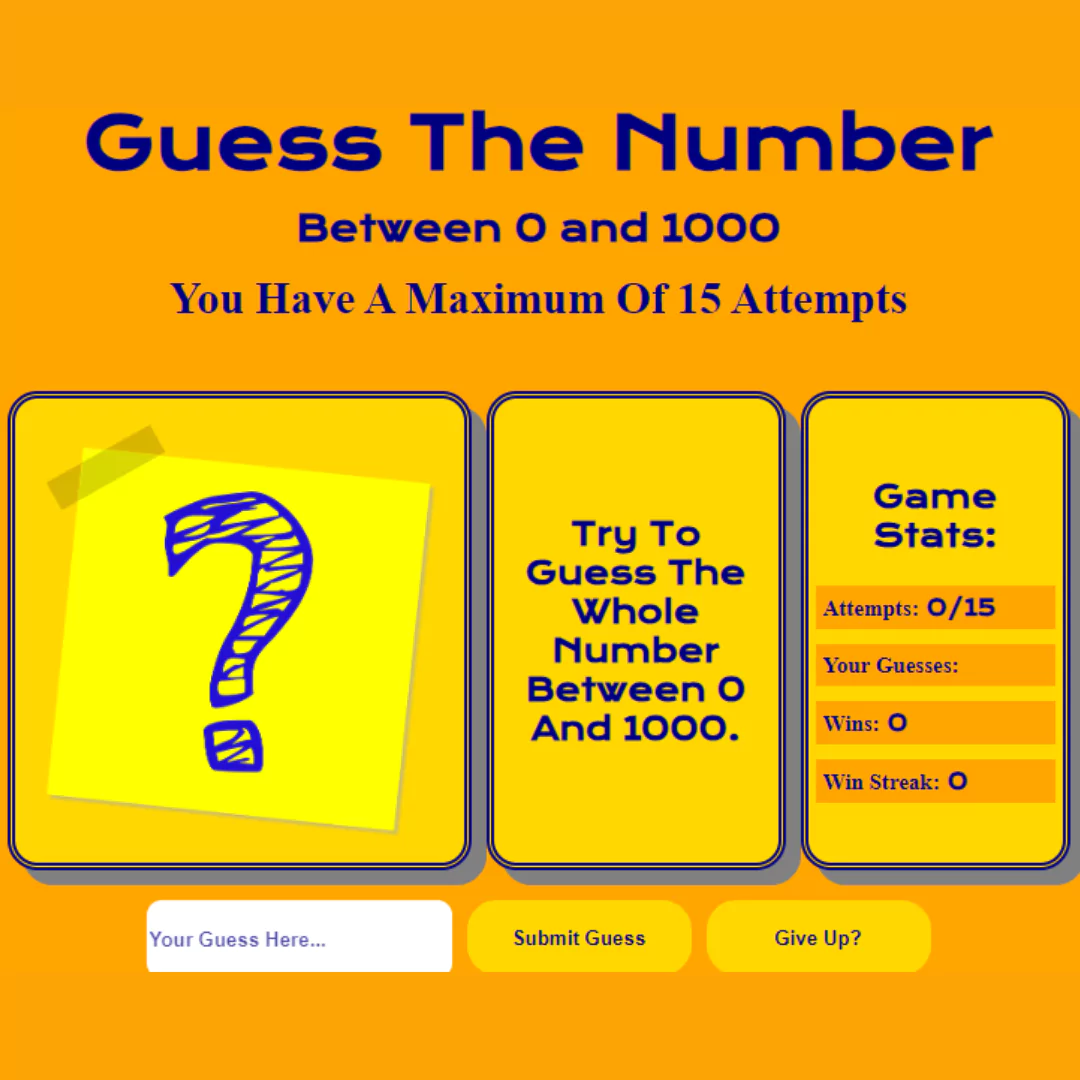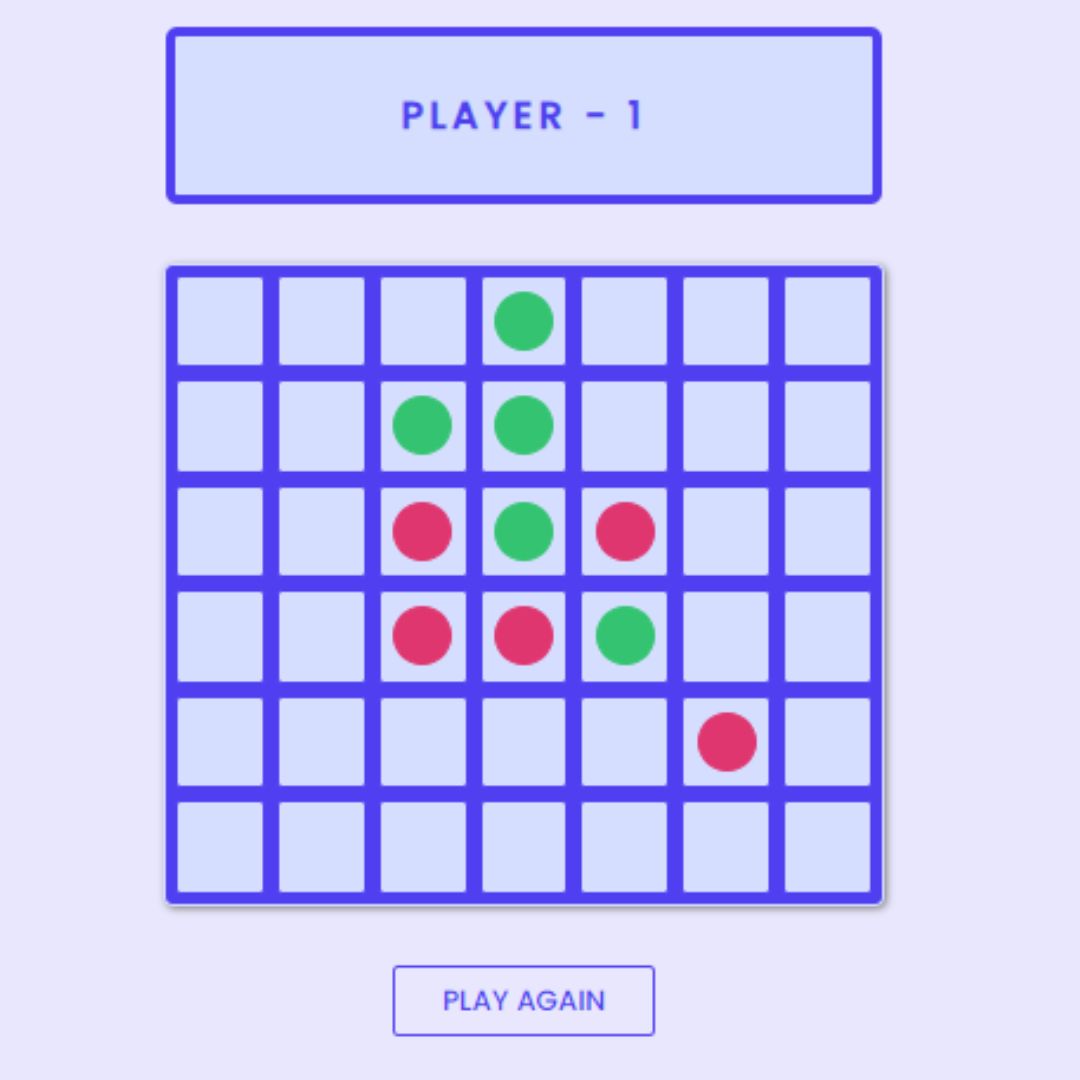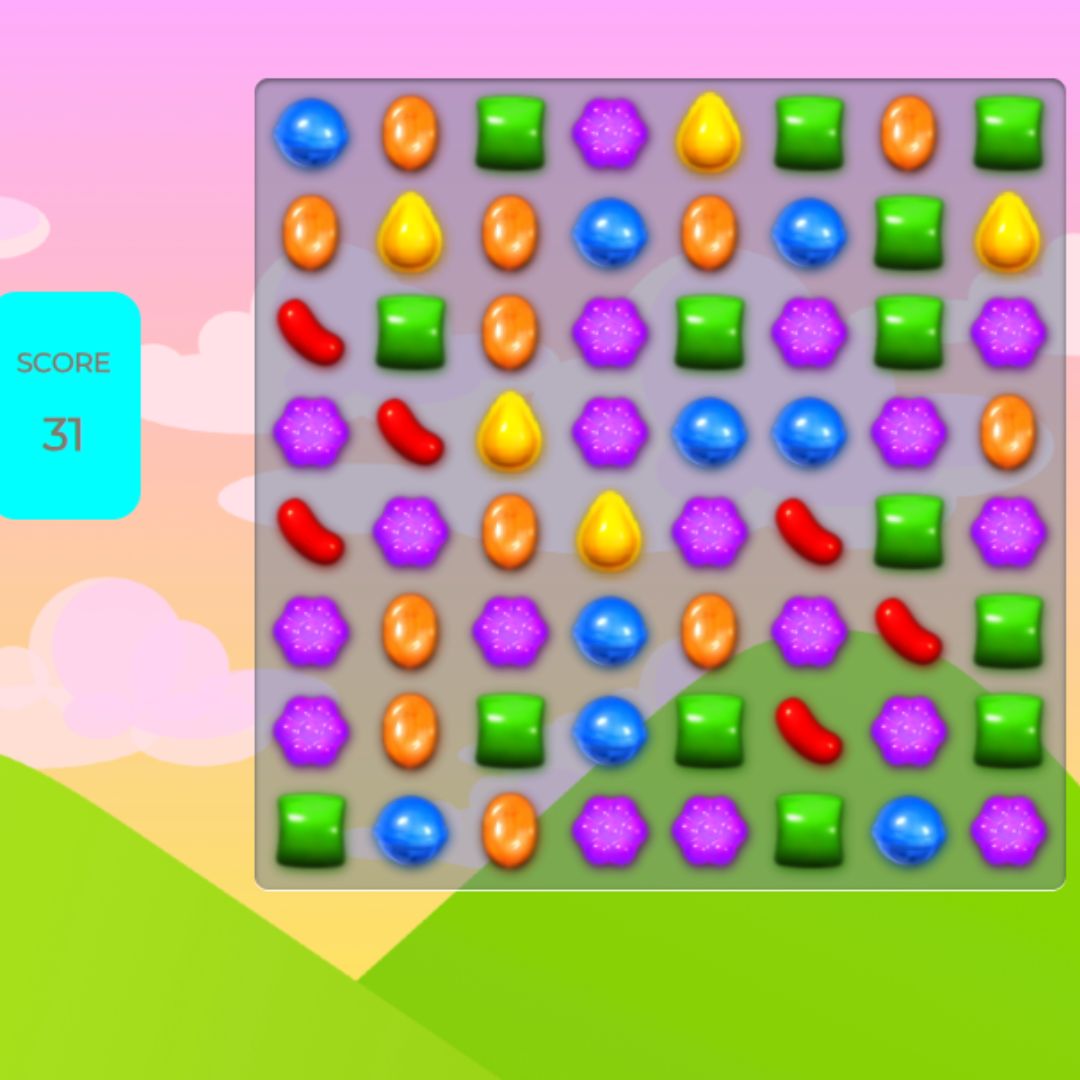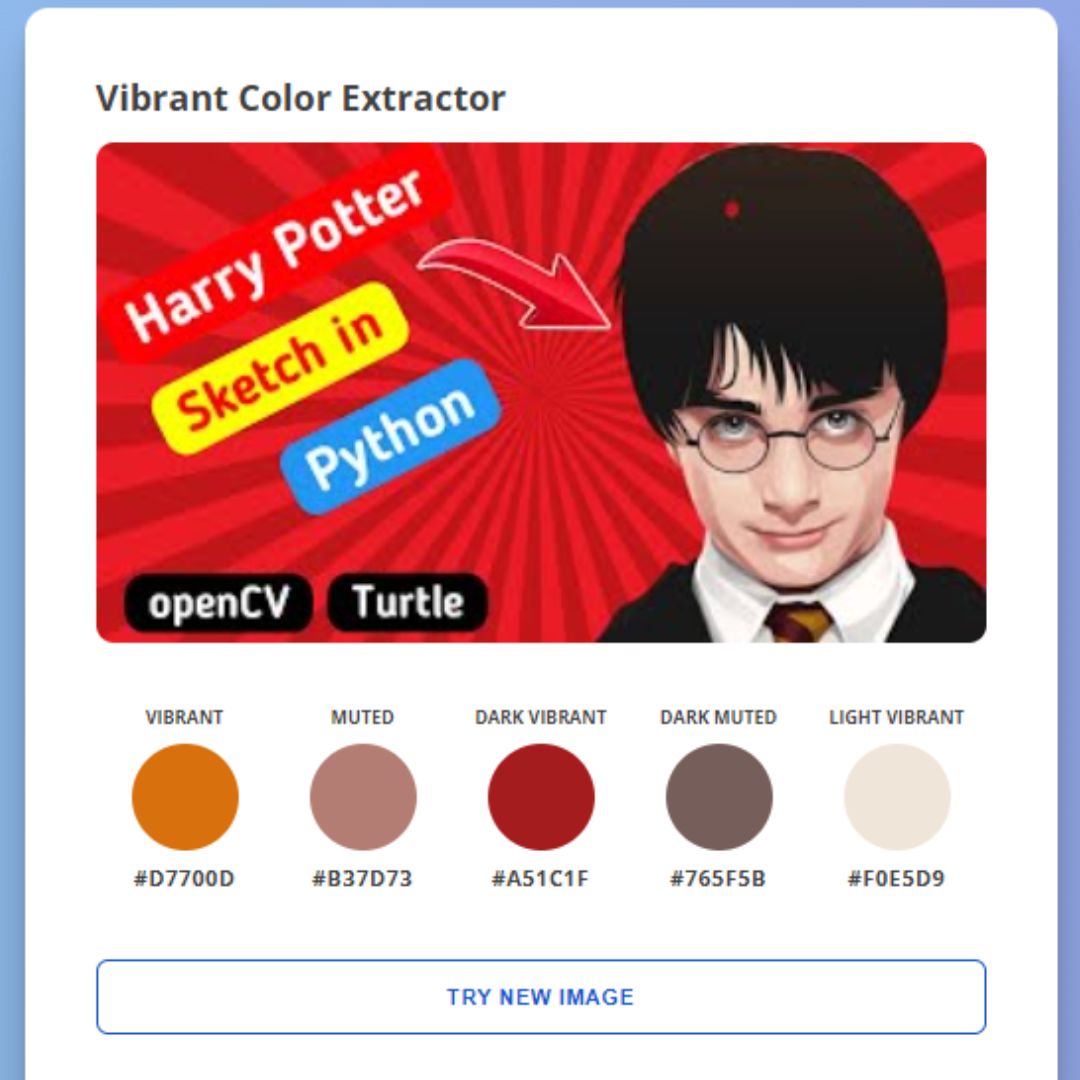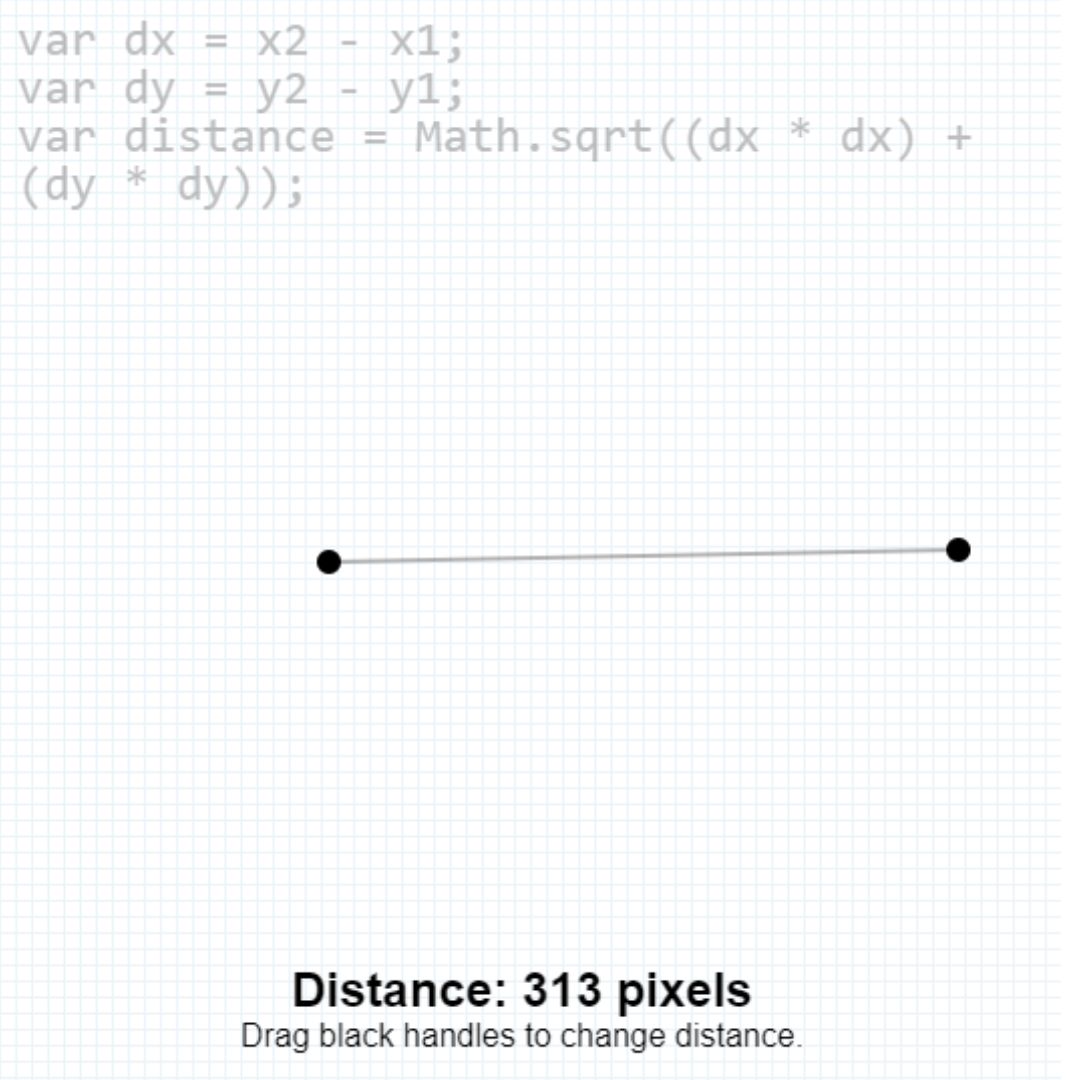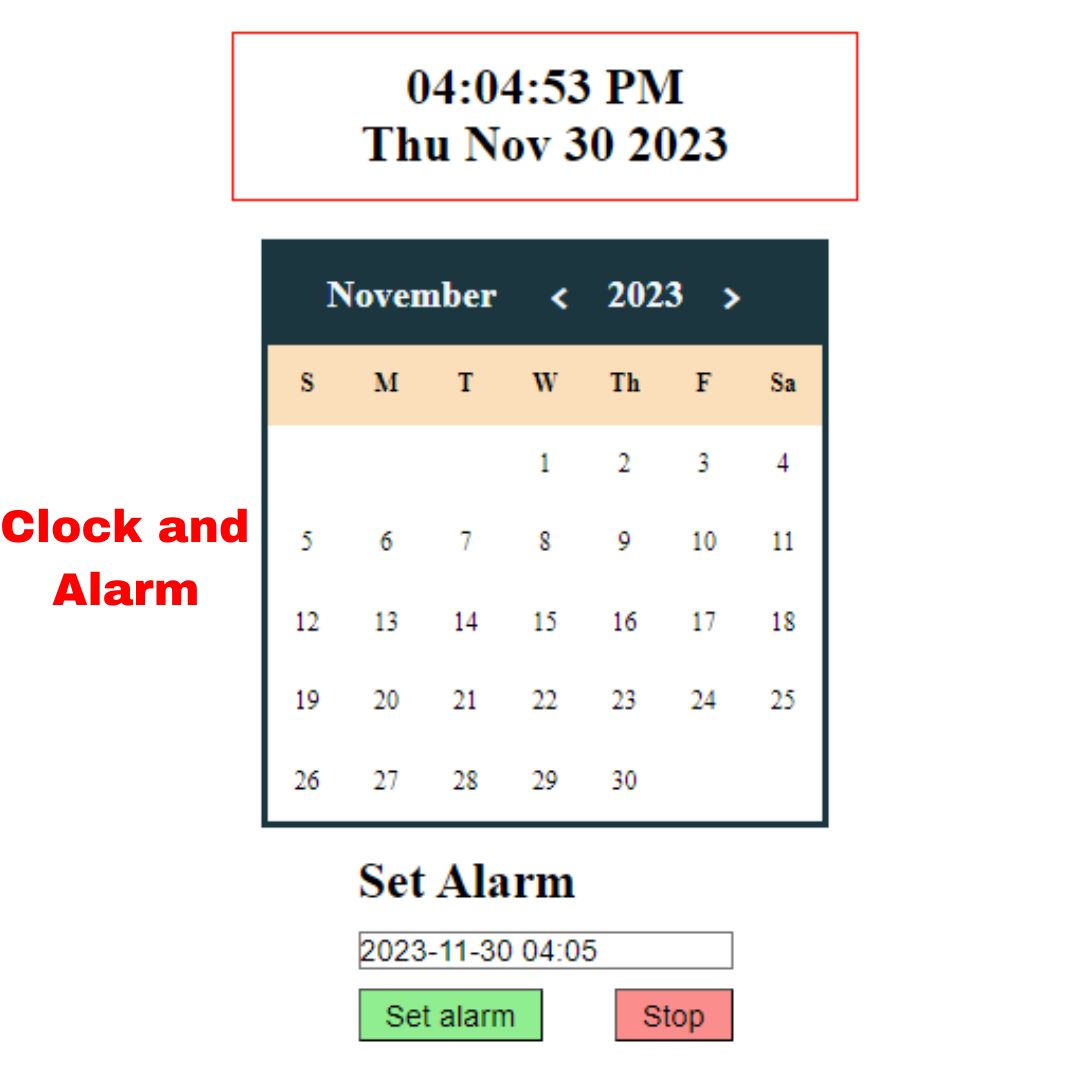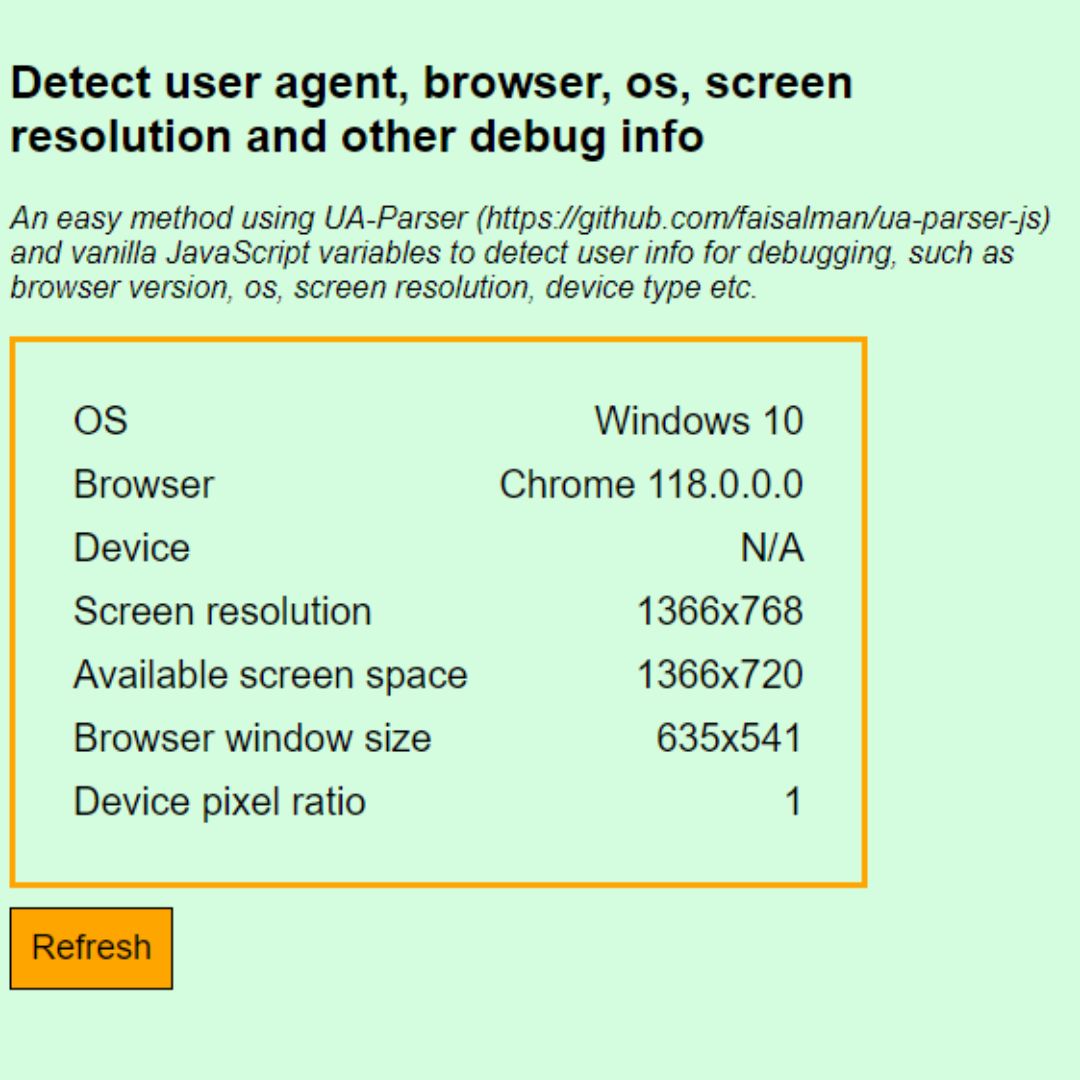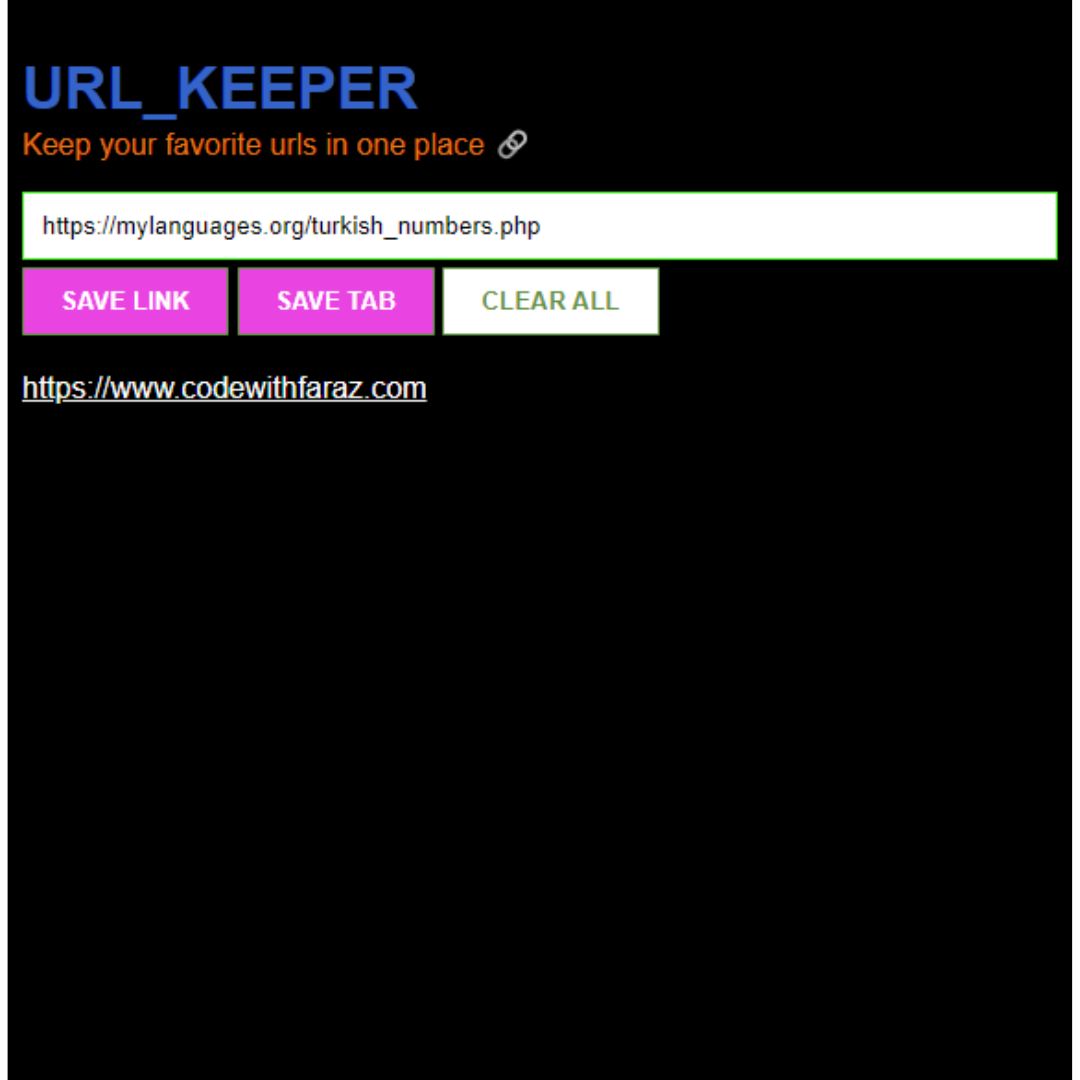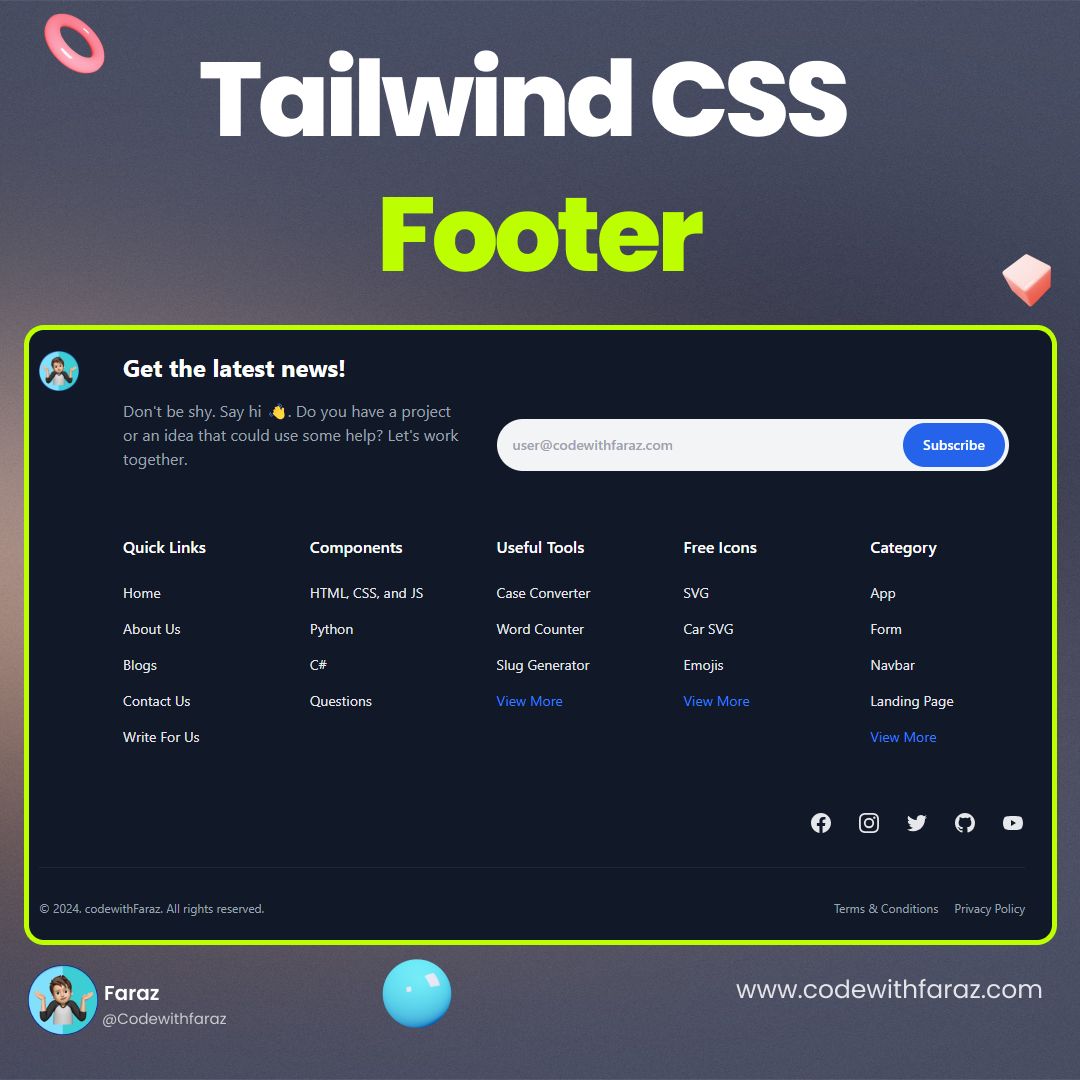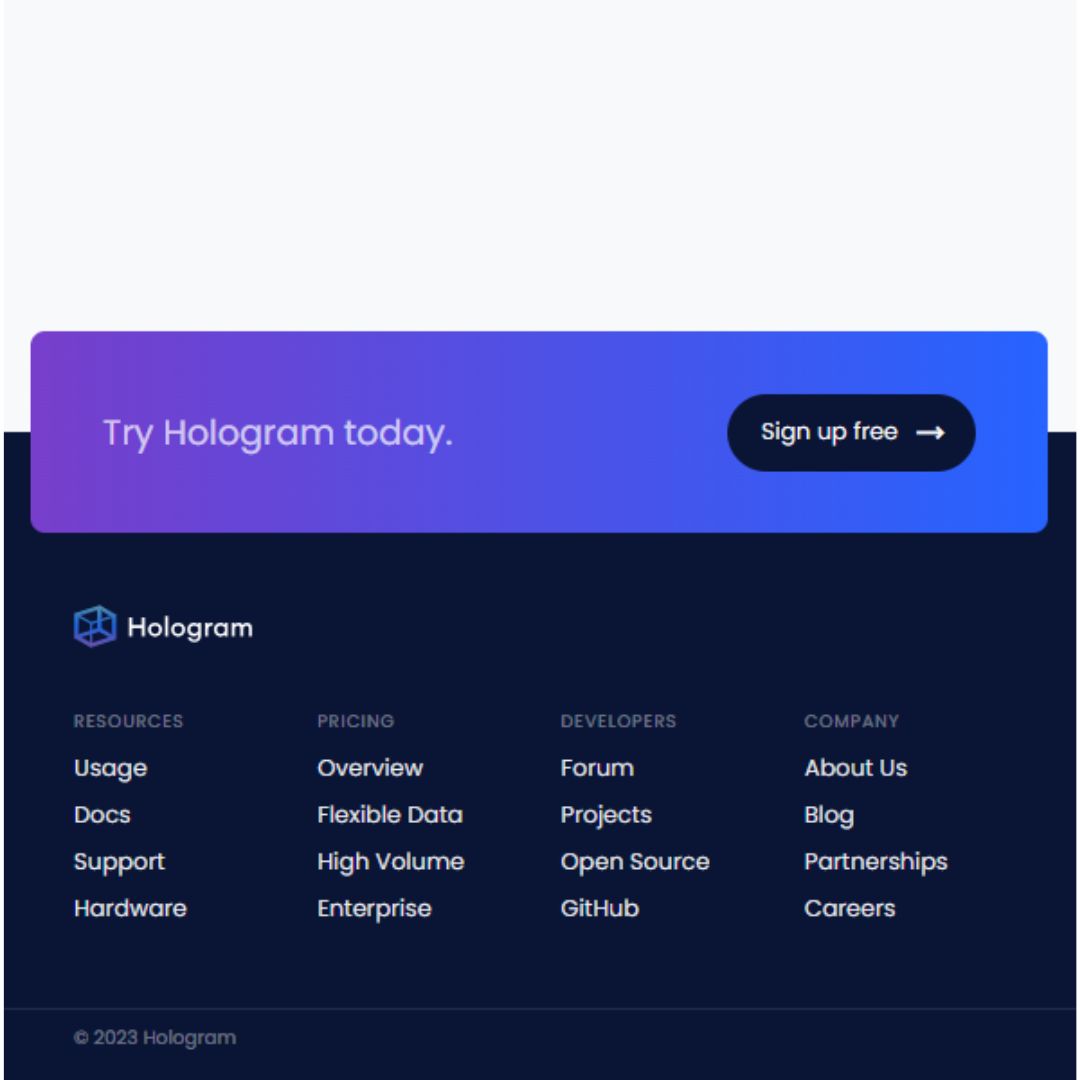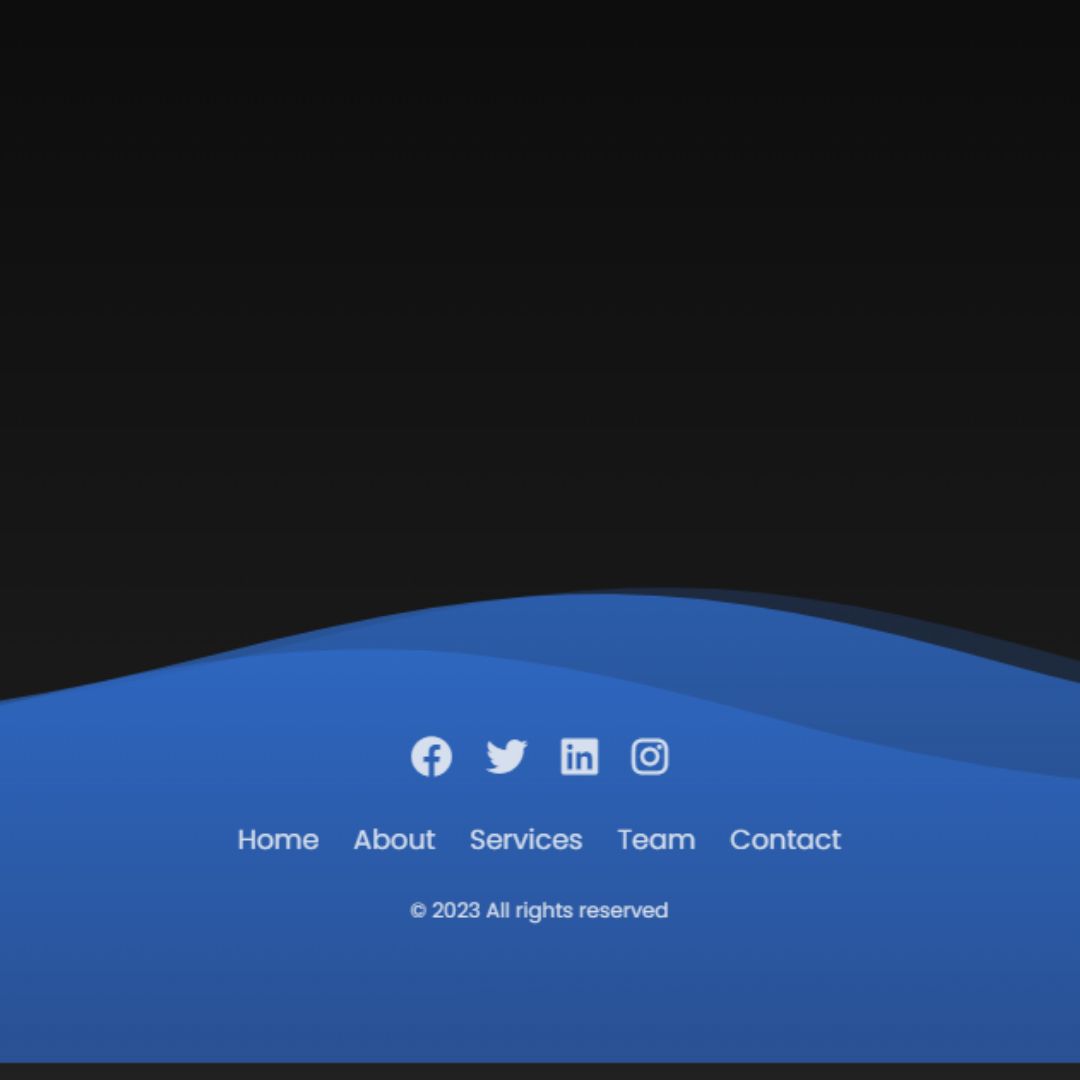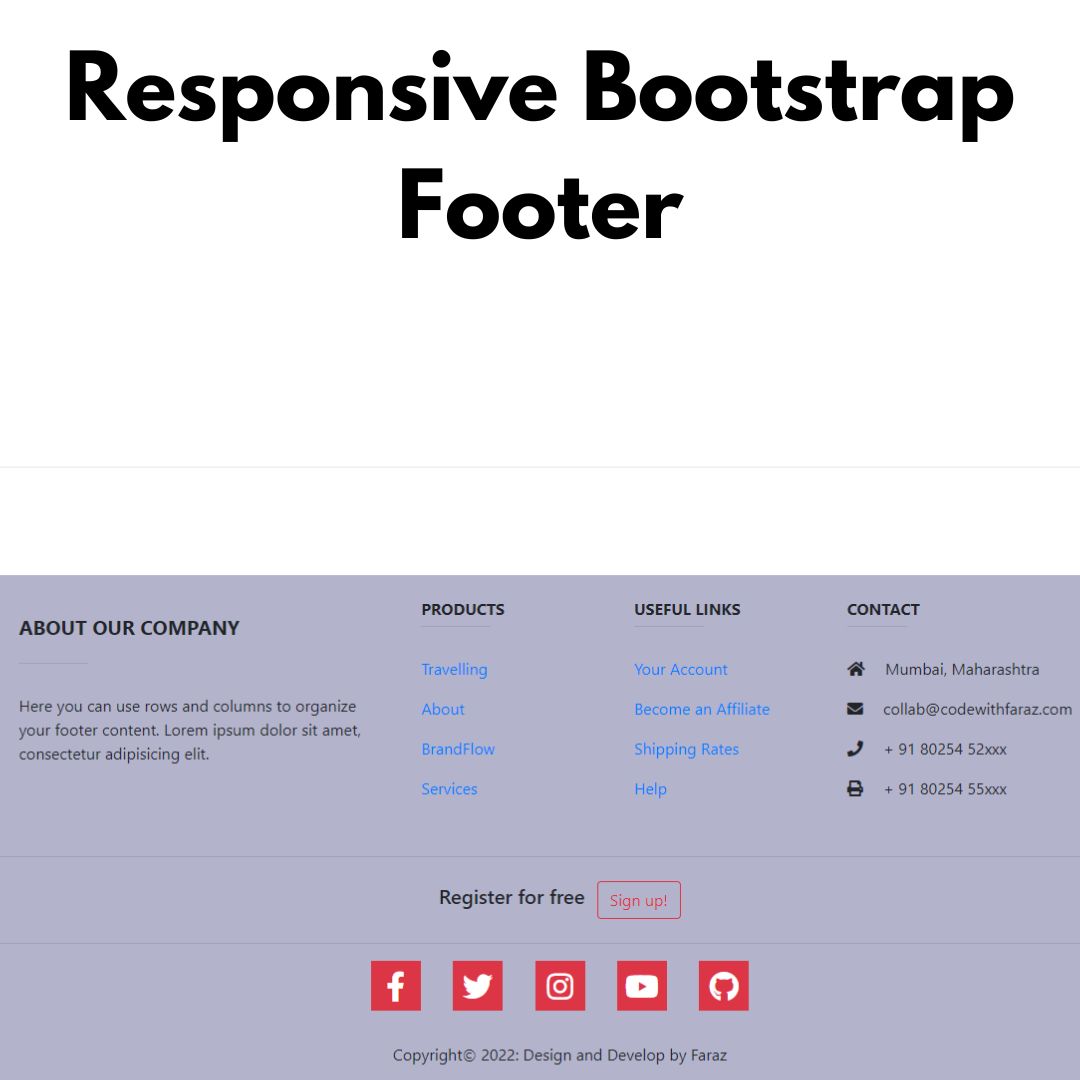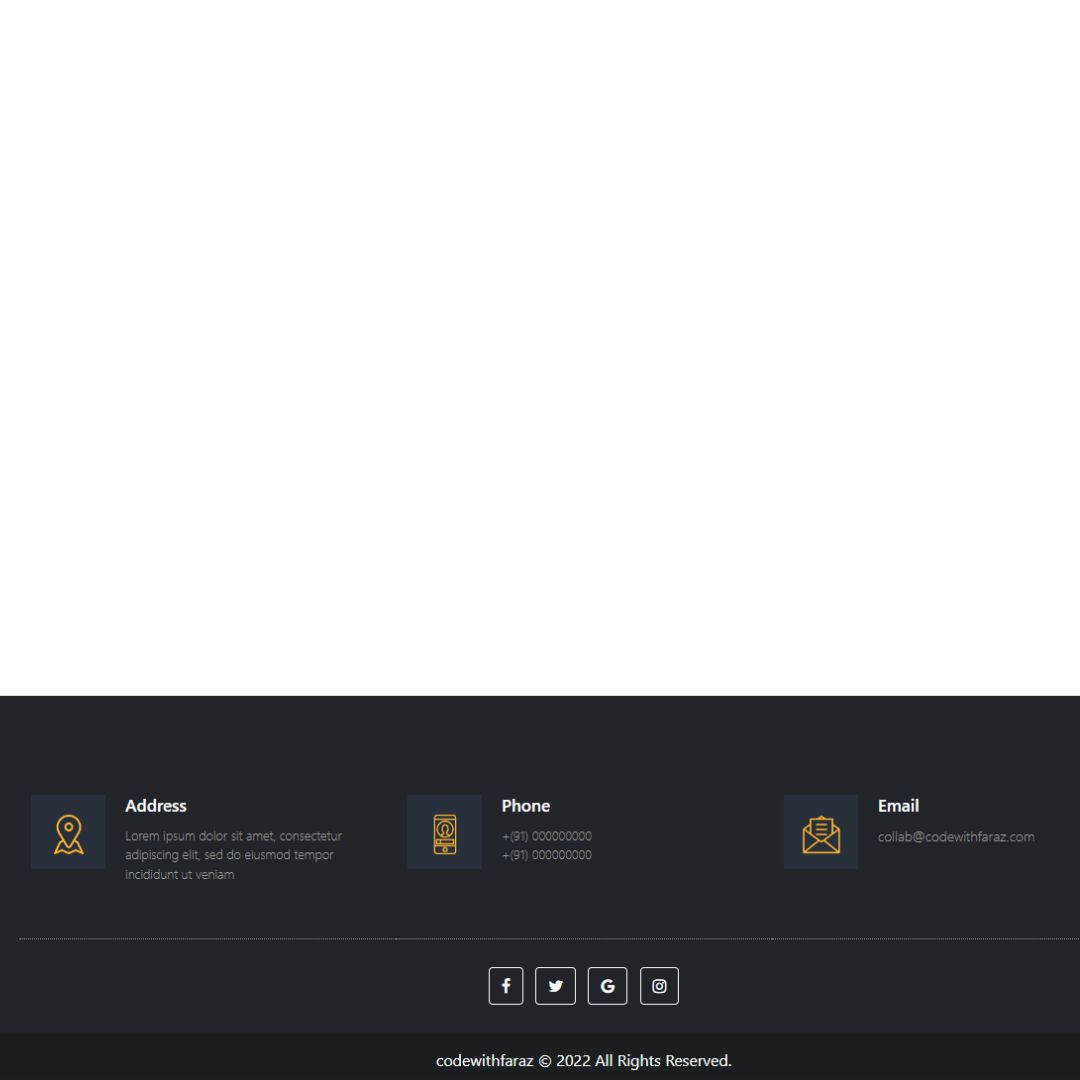If you're new to web programming, you might be wondering what PHP is. To find out, we've written this article for beginners. We'll start by answering some of the most common questions people have about PHP, and then cover a few basic concepts that every programmer should know.

PHP (Hypertext Preprocessor) is a widely used open source general-purpose scripting language. PHP was created in 1995 by Rasmus Lerdorf and released as an open source project in 1997. PHP powers the majority of the world’s web servers, making it one of the most popular languages on the internet.
PHP is versatile, efficient and reliable - making it a great choice for website development. Whether you're a beginner looking to learn more about PHP or an experienced developer looking for a new way to create dynamic websites, this guide will teach you everything you need to know about PHP.
Major Features of PHP
PHP has a wide variety of features that make it an ideal language for web development, including:
- PHP supports various web development frameworks, such as Laravel and CodeIgniter.
- PHP offers a wide range of features for creating dynamic websites and applications, including support for databases, forms, security, and caching.
- PHP is a very versatile language that can be used for a wide range of applications, such as ecommerce platforms, social media sites, and content management systems (CMSs).
- PHP supports a wide range of databases including MySQL, PostgreSQL, SQLite3, and Oracle.
Pros and Cons of PHP
PHP Pros:
- PHP is free and easy to use.
- PHP can be used on nearly all web servers.
- PHP is versatile and can be used for a wide range of web development tasks.
- PHP is fast and efficient.
- PHP has an extensive set of built-in functions and libraries.
- PHP supports object-oriented programming (OOP).
PHP Cons:
- There are few dedicated PHP developers, so finding help when needed can be difficult.
- One potential downside of PHP is that it's not as secure as some other server-side scripting languages.
How to get started?
Here are five tips to get started with PHP:
1. Choose a PHP tutorial or course from Udemy or Code Academy.
2. Use the Soup Recipe book as a starting point for learning more about the PHP language. This cookbook has recipes for working with databases, files, email, and more.
3. Use Google search to find helpful resources for learning about PHP. Try looking for beginner guides and tutorials, code samples, and articles about specific topics like databases or web design.
4. Join or create a PHP forum where you can ask questions and share solutions with others who are also learning the language.
5. Use different tools to help you learn and improve your PHP skills including BrowserStack and Codetriage which let you test your code in different browsers and environments respectively.
How can I install PHP?
PHP is free and easy to use, and it can be installed in many different ways.
To install PHP in Windows, you will need to download and install the php installer from php.net. After the installation is complete, open the php installer and select the option to install PHP. The installer will guide you through the installation process.
To install PHP in MacOS or Linux, you will first need to install a web server. After you have installed the web server, you can install PHP by following the instructions on the php website.
What are the different frameworks of PHP?
Frameworks are a great way to make your PHP development process easier. They give you structure and help you write less code. Here are the most popular frameworks: Laravel, Symfony, and CodeIgniter.
- Laravel is a widely used framework for PHP. It provides an elegant yet powerful framework that makes development easy.
- Symfony is another popular framework. It provides a lot of features, such as Dependency Injection, Security, and Translation.
- CodeIgniter is a relatively new PHP framework that focuses on simplicity and ease of use.
Where can I learn more about PHP?
If you're interested in learning more about PHP, Here are some resources to get started:
-PHP Documentation: The official PHP documentation site is a great place to start if you want to learn more about the language itself. There are also lots of tips and tricks scattered throughout the documentation, which can be useful when debugging code or troubleshooting problems.
-PHP Forums: If you want to ask questions or share tips and tricks with other PHP developers, the forums are a great place to do that. Be aware, though, that the forums can be quite active and sprawling, so it may take some time to find what you're looking for.
-PHP Classes and Tutorials: If you're looking for more structured learning opportunities, consider taking one of the many PHP classes or tutorials available online. These courses will teach you everything from basics like syntax and inheritance to more advanced topics like object-oriented programming and performance optimization.
Conclusion
If you're new to programming or just want a refresher on what PHP is, this beginner's guide is for you. In this article, we'll take a look at the basics of PHP including its history, function, and syntax. We'll also explore some popular applications that use PHP as their backend language like WordPress and Drupal. So whether you're looking to brush up on your coding skills or start building your very first website, be sure to check out our beginner's guide to everything PHP!
That’s a wrap!
I hope you enjoyed this article
Did you like it? Let me know in the comments below 🔥 and you can support me by buying me a coffee.
And don’t forget to sign up to our email newsletter so you can get useful content like this sent right to your inbox!
Thanks!
Faraz 😊




